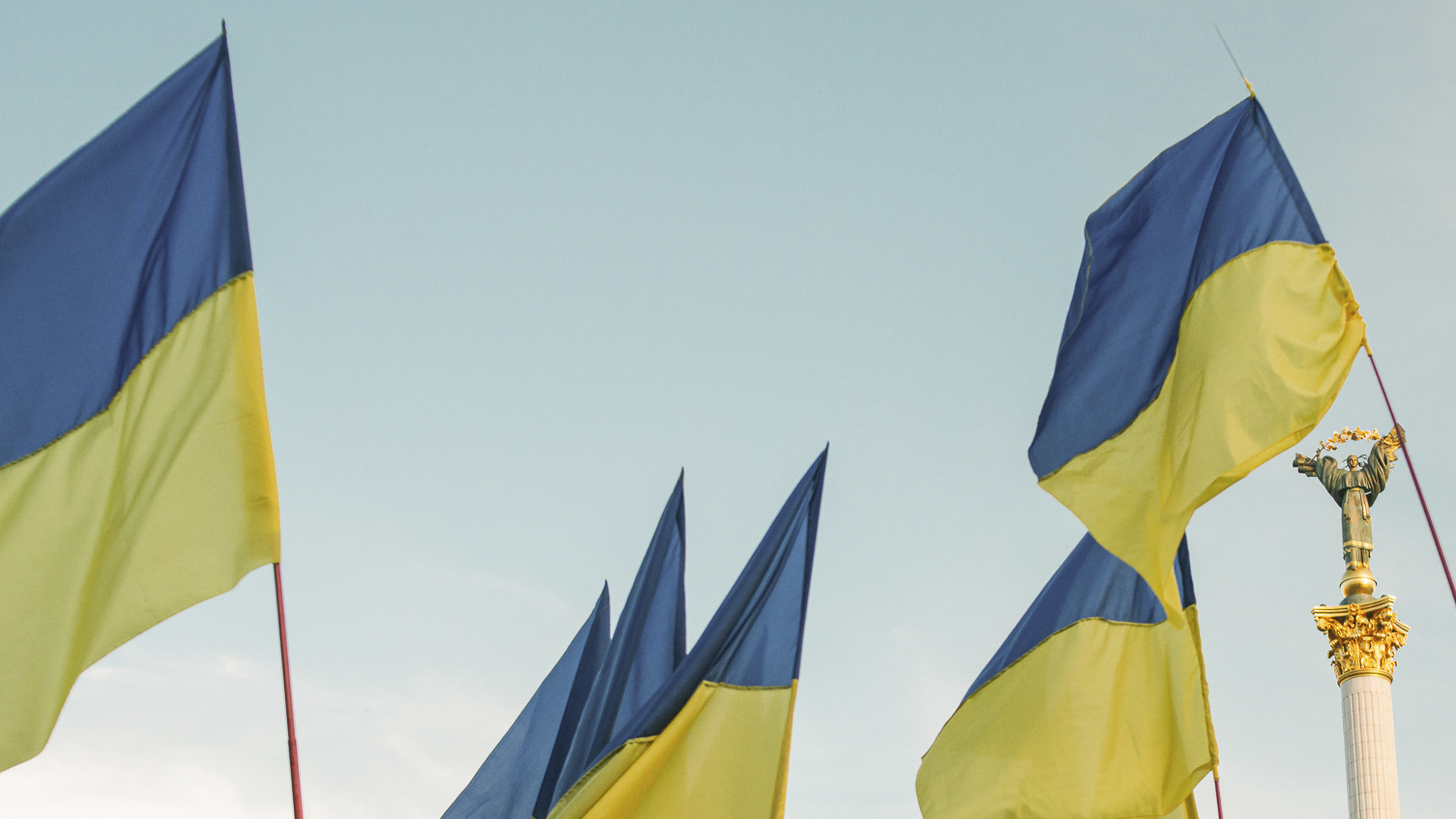This op-ed, written by five Norwegian organisations including HRHF, was originally published in the Norwegian-language media outlet VG on 23 January 2023.
One of the most important milestones in Ukraine’s development in recent years has been the establishment and strengthening of “hromada” – merged municipalities with greatly expanded responsibilities and resources.
Through the successful decentralisation reform implemented after the Maidan revolution in 2014, more than 12,000 small municipalities were merged into 1,469 hromadas, which now received both the authority and means to exercise real self-determination.
This has been of immense importance in the full-scale Russian invasion that is now underway. Mayors are able to make quick and creative decisions and save lives without having to wait for instructions from Kyiv. It is the local authorities who, on a daily basis, provide access to education, functioning health services, repair the electricity supply after rocket attacks, and accommodate internally displaced persons.
The democracy that Ukrainians sacrifice their lives to defend every day is built locally. The country’s security and future development depend on good cooperation between local authorities and a strong civil society. Ukrainians have typically had greater trust in voluntary organisations than in central authorities.
Civil society has shown its resilience by standing up for democracy during several national crises over the past 30 years. In 2013–2014, the Nobel laureate Center for Civil Liberties assisted those protesting attempts to curtail fundamental freedoms and make Ukraine dependent on Russia.
After Russia’s invasion in 2014, civil society helped to build up the resistance. Not least, they helped to raise awareness among the population and ensure that the authorities made changes to strengthen democracy, the rule of law and human rights. They have an important task going forward – to shield democracy against the ravages of war.
Of course, it is still important to support the government of Ukraine. Norway provides significant military support and contributions to finance infrastructure and the public sector through multilateral channels.
However, this support must not be given at the expense of support for local authorities and civil society, who often know best where the needs are most acute.
It is also at the local level that everyone can see where the money is going, and thus counter corruption. Support for independent media and civil society that holds the authorities accountable is also important.
Norway itself has a strong civil society and local democracy. For many years, Norwegian organisations have worked closely with partner organisations in Ukraine, and have thus built up experience and trust that makes the collaboration effective. Following the start of the full-scale Russian invasion, we have provided humanitarian, professional and financial support.
Additionally, we have contributed to increased knowledge sharing in Norway, helping to arrange support for Ukraine and explaining what is at stake. This helps to equip both Norway and Ukraine to meet future challenges.
Direct support from people to people is also important to show the Ukrainian people that we stand in solidarity with them. Solidarity must not be drowned in international bureaucracy or bogged down in Brussels, Washington or Geneva.
For example, a local mayor in Rivne or a principal at a school in Chernihiv must be able to get help without waiting for a response from central or international authorities.
In the Norwegian state budget for 2023, significant funds have been set aside for Ukraine. It is important that we continue to provide financial and material support and that this support is coordinated with key European actors.
Nevertheless, we believe that there is a lack of recognition in the budget of the role of local democracy and civil society in the reconstruction and further sustainable development.
Support for local democracy – also through Norwegian actors – is an important investment in Ukraine’s future on the day when peace finally descends. We, who have worked together with the Ukrainians to strengthen democracy and human rights for years, stand ready to assist.
We must not let Ukraine’s civil society and hard-fought grassroots democracy become another casualty of Russian military aggression.
Aadne Aasland, Director of UKRAINETT – Norwegian network for Ukraine studies
Ana Perona-Fjeldstad, Director, The European Wergeland Centre
Berit Lindeman, Secretary General, Norwegian Helsinki Committee
Gunn Marit Helgesen, President, KS – the Norwegian Association of Local and Regional Authorities
Henriette Westhrin, Secretary General, Norwegian People’s Aid
Maria Dahle, Director, Human Rights House Foundation





